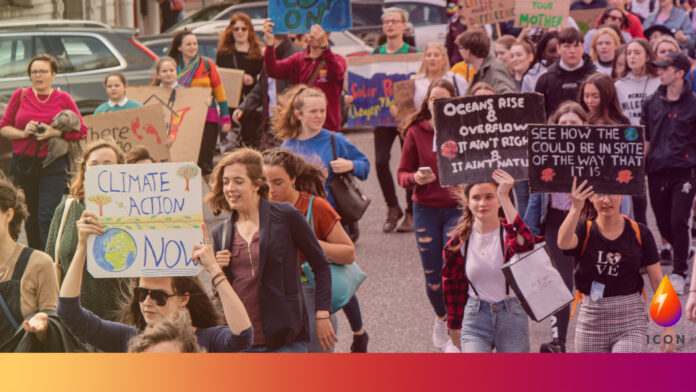A new Net Zero Living report, led by the Centre for Climate Change and Social Transformations (CAST) and the market research company Ipsos MORI, takes an in-depth look at the UK public’s attitudes to climate change – and how this might translate into action.
The researchers polled 5,665 people across the UK in August 2021 and found broad support for policies that would bring fundamental changes to food, travel, heating and consumption.
However, they found this support was weak and fell sharply when potential lifestyle and cost implications were made clear. When the benefits of net zero policies, such as enhanced air quality, job creation or health improvements, were highlighted they found support increased.
Professor Lorraine Whitmarsh, environmental psychologist at the University of Bath and Director of CAST, which led the research, commented on the findings: “Our report shows that the public does support net zero policies, but that this support is fragile and influenced by how these policies affect individuals personally and whether they see them as fair.
“There is a clear need for policy-makers to engage with the public on the societal transformations needed to reach net zero and to ensure policies are affordable and fair.”
The report outlines previous CAST research which found concern about climate change reached a record high in November last year, coinciding with the UK’s hosting of the COP26 climate summit in Glasgow.
This latest research found policies garnered higher support if they were seen as fair and embodying the “polluter pays” principle, for example frequent flyer levies.
While the public were found to be generally supportive of increasing the provision of vegetarian or vegan options through public food provisioning choices (56%), more coercive measures, such as taxes on red meat and dairy, enjoyed less support (47%).
Similarly, support was higher for electric vehicle subsidies (62%) than restricting car-based travel by creating low traffic neighbourhoods (53%). Both policies would reduce carbon emissions from transport and decrease air pollution.
The public was more convinced by arguments around increased green jobs than the environmental benefits of these policies. For example, seven in 10 (69%) were convinced by the argument that increasing vegetarian and vegan options would create jobs in the plant-based food sector.
The authors said the fragility of public support meant policymakers needed to better understand what concerns the public have around the implications of net zero policies in order to address these and be more effective at communicating the benefits.
The report seeks to help policymakers, at both national and local levels, as well as business, navigate a route to achieve net zero emissions fairly and effectively.
Rachel Brisley, Head of Energy and Environment at Ipsos, added: “Transitioning to Net Zero will require us all to change how we work, live and enjoy our leisure time.
“Net Zero Living provides valuable insights for policy and decision-makers regarding the types of changes the public are willing to make and where they are concerned about the financial and lifestyle implications.”
The Net Zero Living report can be found on the Ipsos website.
